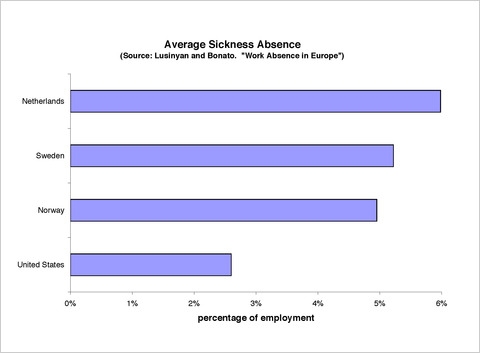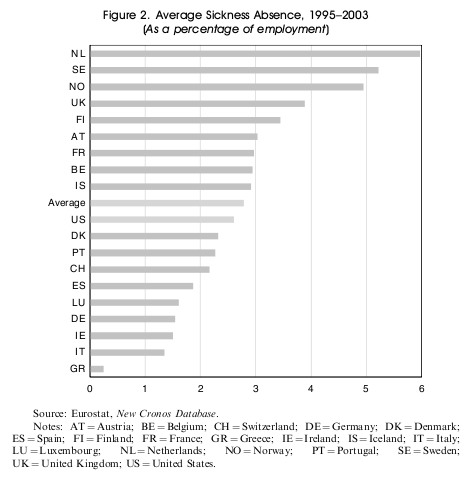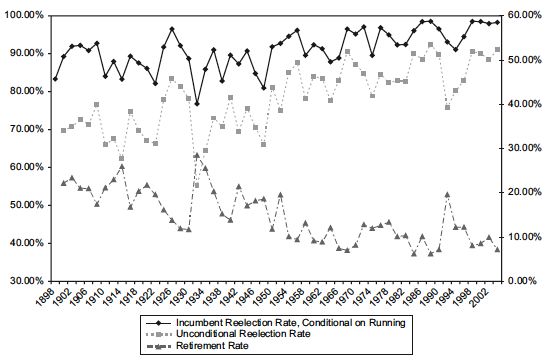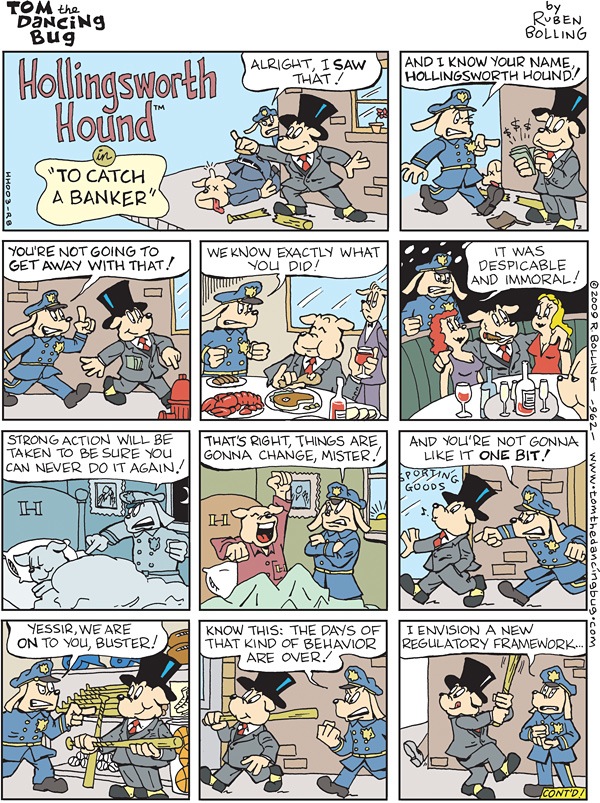The tubes are abuzz with comment on Levitt & Dubner’s new book Superfreakonomics and its material on climate change. The consensus: at best, lazy and misleading; at worst, dishonest.
Start with Krugman:
Superfreakonomics on climate, part 1
OK, I’m working my way through the climate chapter — and the first five pages, by themselves, are enough to discredit the whole thing. Why? Because they grossly misrepresent other peoples’ research, in both climate science and economics.
…
Climate Progress goes into considerably more detail.
Here’s Stoat at Science Blogs:
SuperFreakonomics: Global Cooling (and some other stuff)?
I liked Freakonomics, so I’m a bit sad to see the (inevitable) sequel being so hopelessly wrong. Probably this is a case of the old rule: whenever you see people write about stuff you know, they get it wrong. Joe Romm has a fairly characteristic attack; and just for a change I’ll agree with him; though he chooses odd bits to assault. It looks like the “global cooling” junk is just one chapter, but of course it is the only one I’ll pay any attention to.
Diagnosis, in brief: (1) they write about stuff they clearly don’t understand (2) they pick a catchy reverse-common-wisdom nugget as a headliner without the having the slightest interest in whether it is true or not (mind you, plenty of more respectable folk do the same) (3) they pick an expert to talk to, but since they don’t have a clue about the subject they don’t know how to pick a good expert, or even understand what the expert says (4) there is a grain of sense in there, but so badly wrapped in trash it is nearly unfindable.
The entire piece is riddled with errors. Reading it all would be tedious. So, before reading it in detail I decided to set myself a target of 10 major errors and then stop. …
And last, for now anyway, Brad Plumer.
Does “Superfreakonomics” Need A Do-Over?
I enjoyed the original Freakonomics quite a bit. It surveyed some fun-to-read economic research that Steve Levitt had done at the University of Chicago, and while a lot of that work was employed in the service of trifling questions (“Do sumo wrestlers cheat?” “Do game-show participants discriminate?”), it was clear Levitt was a clever economist who could gin up fascinating “natural experiments” to crack open everyday mysteries.
So now Levitt and his co-author Stephen Dubner have a sequel, Superfreakonomics, which includes a chapter on climate change. Do they deploy Levitt’s trademark economic techniques to shed new light on old questions? Because that might be useful! Alas, no, there’s nothing of the sort. Levitt and Dubner just parachute into the field of climate science and offer some lazy punditry on the subject dressed up as “contrarianism.” There’s no original research. There’s nothing bold or explosive. It’s just garden-variety ignorance. …
Should you care? Well, maybe not; Levitt & Dubner are hardly the go-to guys on climate science, nor the first to get it badly wrong. But the various critiques are at least entertaining, and educational to boot. And the subject itself is serious. Krugman concludes in a later post:
Levitt now says that the chapter wasn’t meant to lend credibility to global warming denial — but when you open your chapter by giving major play to the false claim that scientists used to predict global cooling, you have in effect taken the denier side. The only way I can reconcile what Levitt says now with that reality is that he and Dubner didn’t do their homework — not only that they didn’t check out the global cooling stuff, the stuff about solar panels, and all the other errors people have been pointing out, but that they didn’t even look into the debate sufficiently to realize what company they were placing themselves in.
And that’s not acceptable. This is a serious issue. We’re not talking about the ethics of sumo wrestling here; we’re talking, quite possibly, about the fate of civilization. It’s not a place to play snarky, contrarian games.
Oh, what the hell, let’s add one more, with a link to yet another. Matthew Yglesias makes another useful meta-point, and points to the UCS in the bargain.
Steven Dubner Digs the Hole Deeper
…
Caldeira aside, it would be one thing if Levitt and Dubner wanted to make the argument that they have reason to believe that most scientists are mistaken about the climate change situation. But instead they make the claim that most environmentalists are mistaken about the climate change situation and that it’s Levitt & Dubner who are channeling the views of the scientific community. But according to the Union of Concerned Scientists “the fifth chapter of the book, ‘Global Cooling,’ repeats a large number of easily discredited arguments regarding climate science, energy production, and geoengineering.”
Of course it’s possible that the UCS is mistaken about some matters. And it’s possible that Ken Caldeira is mistaken about some things. But it’s not possible that Levitt and Dubner are correctly representing the views of Caldeira or climate scientists in general. Nor is it possible that Levitt and Dubner are correct when they assert that photovoltaic cells are black (they’re usually blue) nor is it correct to say that black PV cells lead to net increases in global temperature. These mistakes. A mixture of bad science and bad reportage on a crucial public policy issue, done by a writing duo who became famous for clever statistical analysis of trivial matters.




 Like most of my generation, I was brought up on the saying: ‘Satan finds some mischief for idle hands to do.’ Being a highly virtuous child, I believed all that I was told, and acquired a conscience which has kept me working hard down to the present moment. But although my conscience has controlled my actions, my opinions have undergone a revolution. I think that there is far too much work done in the world, that immense harm is caused by the belief that work is virtuous, and that what needs to be preached in modern industrial countries is quite different from what always has been preached. Everyone knows the story of the traveler in Naples who saw twelve beggars lying in the sun (it was before the days of Mussolini), and offered a lira to the laziest of them. Eleven of them jumped up to claim it, so he gave it to the twelfth. this traveler was on the right lines. But in countries which do not enjoy Mediterranean sunshine idleness is more difficult, and a great public propaganda will be required to inaugurate it. I hope that, after reading the following pages, the leaders of the YMCA will start a campaign to induce good young men to do nothing. If so, I shall not have lived in vain. …
Like most of my generation, I was brought up on the saying: ‘Satan finds some mischief for idle hands to do.’ Being a highly virtuous child, I believed all that I was told, and acquired a conscience which has kept me working hard down to the present moment. But although my conscience has controlled my actions, my opinions have undergone a revolution. I think that there is far too much work done in the world, that immense harm is caused by the belief that work is virtuous, and that what needs to be preached in modern industrial countries is quite different from what always has been preached. Everyone knows the story of the traveler in Naples who saw twelve beggars lying in the sun (it was before the days of Mussolini), and offered a lira to the laziest of them. Eleven of them jumped up to claim it, so he gave it to the twelfth. this traveler was on the right lines. But in countries which do not enjoy Mediterranean sunshine idleness is more difficult, and a great public propaganda will be required to inaugurate it. I hope that, after reading the following pages, the leaders of the YMCA will start a campaign to induce good young men to do nothing. If so, I shall not have lived in vain. …